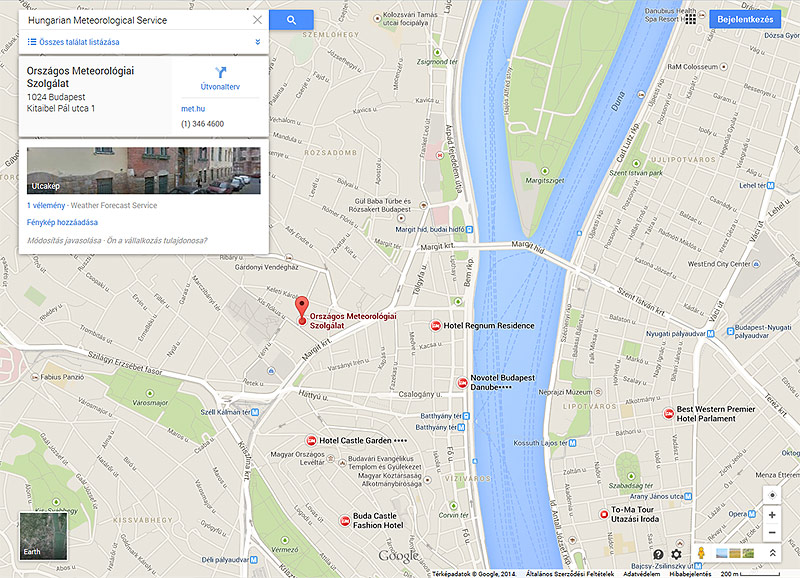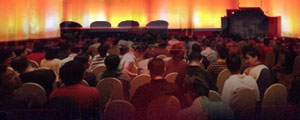HungaroMet: 2018. jÚnius 13. 18:20
Training course on drought risk assessment â 2018
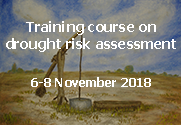 |
|
Organizers
Hungarian Meteorological Service (OMSZ) and Disaster Risk Management Knowledge Center (DRMKC) of the European Commission

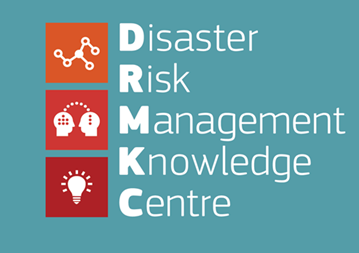
contact: droughtrisk@met.hu
Background and main objectives
Climate change is continuing globally and in Europe and droughts are increasing in frequency and intensity in many regions. In Europe, the strongest increase in drought frequency and/or severity is projected for southern Europe, where competition between different water users, such as agriculture, industry, tourism and households, is likely to increase.
The main goal training is aiming to support member states to enhance the preparedness for droughts through improving the knowledge on drought risk in the region. National efforts have been done until now on drought risk assessment. The approaches and the applied methods for evaluation of the drought risk are, however, different country by country. The planned training would let the participants exchange experiences on best practices and get information on recent developments.
|
Topics
|
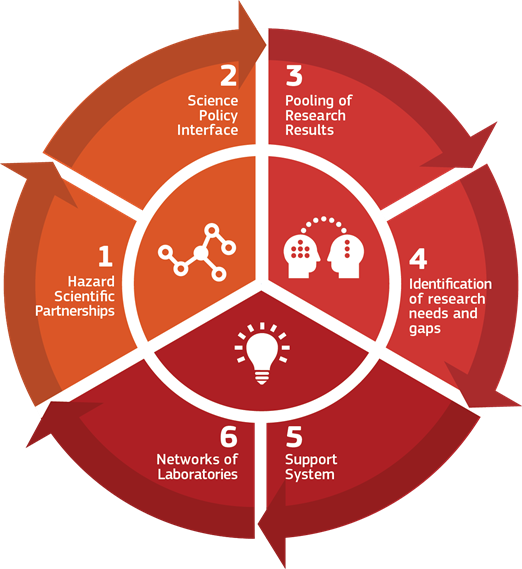 |
Program
Draft 18th October 2018
Training course on drought risk assessment.
6-8 November 2018, OMSZ (Hungarian Meteorological Service), Budapest (Hungary)
| Tuesday | Wednesday | Thursday | |
| Session | Registration, Opening, Introductory | Risk assessment | Impacts on diff. economic sectors (cont.) |
| 9.00-10.30 |
Registration: 9.00-9.30  Drought management in the UNCCD agenda: Drought management in the UNCCD agenda:PÃĐter MolnÃĄr General Directorate of Water Management, UNCCD Hungarian Contact |
 Drought impact data availability and use for estimation of drought risk: Drought impact data availability and use for estimation of drought risk:Anne Gobin VITO |
 Risk management and estimation of drought impact in the Hungarian Agriculture: Risk management and estimation of drought impact in the Hungarian Agriculture: GÃĄbor KemÃĐny,  AndrÃĄs MolnÃĄr AndrÃĄs MolnÃĄrResearch Institute of Agricultural Economics (AKI, Hungary) |
 Drought Risk assessment in Hydrology: Drought Risk assessment in Hydrology:Veit Blauhut University of Freiburg |
 How to manage drought: case of the Flemish “Drought Commission”: How to manage drought: case of the Flemish “Drought Commission”:Joris Bouve Crisismanager CCVO |
||
| 10.30-11.00 Coffee break | 10.30-11.00 Coffee break | 10.30-11.00 Coffee break | |
| 11.00-12.30 | Global past trends and future projections of drought in Europe: Gustavo Naumann JRC |
 New EO - capabilities supporting drought risk assessment: New EO - capabilities supporting drought risk assessment:Espen Volden ESA |
 Health impacts of climate change with special regards to droughts: Health impacts of climate change with special regards to droughts: Anna PÃĄldy National Institute of Environmental Health Hungary |
 Drought risk and their implementation in the GDO: Drought risk and their implementation in the GDO:Gustavo Naumann |
 Agriculture: Agriculture:Mirek Trnka GCRI |
Review per participating countries, practice
 Drought monitoring and assesment in Czech Republic: Drought monitoring and assesment in Czech Republic:František Pešek |
|
| 12.30-13.30 Lunch | 12.30-13.30 Lunch | 12.30-13.30 Lunch | |
| Session | Drought monitoring, mapping, forecast | Impacts on diff. economic sectors | Review per participating countries, practice |
| 13.30-15.00 |  Drought monitoring and forecasting Drought monitoring and forecastingSelvaraju Ramasamy FAO |
 DriDanube (overview): DriDanube (overview): Gregor GregoriÄ ARSO |
Practice: Methodology of Risk assessment in DriDanube project TamÃĄs Szentimrey |
 Satellite-based Soil Moisture Data within the Copernicus Global Land Service: Satellite-based Soil Moisture Data within the Copernicus Global Land Service:Bernhard Bauer-Marschallinger |
 Methodology of Risk assessment in DriDanube project: Methodology of Risk assessment in DriDanube project:TamÃĄs Szentimrey VARIMAX Bt. |
 Drought in Flanders: Drought in Flanders: Manu Steens  Droughts in Republic of Srpska: Droughts in Republic of Srpska:Igor Kovacic  Drought-smart approach in Drought-smart approach inSlovenian agriculture: Gregor GregoriÄ |
|
| 15.00-15.30 Coffee break | 15.00-15.30 Coffee break | 15.00-15.30 Coffee break | |
| 15.30-16.15 |  Seasonal forecasting in agriculture: challenges and opportunities: Seasonal forecasting in agriculture: challenges and opportunities: Andrej Ceglar JRC |
 Analysis of rainless periods within the DriDanube project, Analysis of rainless periods within the DriDanube project,  Rainfalls and temperatures in Serbia 1961-2010 Rainfalls and temperatures in Serbia 1961-2010Bojan Srdjevic
|
 Drought Monitoring in Hungary: Drought Monitoring in Hungary:Andrea Kircsi Closing Ceremony |
| 19.00 | Social Dinner: cruising on the Danube |

Reflections:
News about the event on the webpage of the United Nations Convention to Combat Desertification (UNCCD):
International training course addresses the relevance of drought risk assessment and management in Europe
Location
The training course will be held 6-8 November 2018 in Budapest, Hungary
at the Headquarter of the Hungarian Meteorological Service: www.met.hu
Address: 1024 Budapest, Kitaibel PÃĄl utca 1.
How to get from the airport to the city center
Budapest airport (Liszt Ferenc Airport) has two terminals (Terminal 2A and 2B), located quite close. Terminal 2A is Schengen-Airport, therefore you will most probably arrive there.
- AIRPORT SHUTTLE SERVICES called miniBUD is a 0-24h service which costs to the hotels near the Hungarian Meteorological Service about 4400 HUF (15 EUR)/person. This service is available within ½ hour of the arrival of the flight (until all passengers travelling to the same district are picked up). You can buy your ticket at the airport, or order online. More information: www.minibud.hu/en
- DIRECT BUS LINE NO. 100E: FROM THE AIRPORT TO THE CITY CENTER / DEÃK FERENC SQUARE The service connects the Airport and the City Centre. Buses – low-floor, air-conditioned vehicles – run every 20 minutes between 3.40 am – 1.20 am. The journey takes 30 – 40 minutes between Ferenc Liszt Airport 2A Terminal and DeÃĄk Ferenc tÃĐr metro hub (in district V). The bus service can be used with a special ticket that is valid only for this line. It costs 900 HUF (2,7 EUR).
- PUBLIC TRANSPORT is quite complicated. One ticket costs around 350 HUF (1.1 EUR). In general, whenever you change from one vehicle to an other, you should validate a new ticket. (You can change lines within the metro network (metro lines) with the same special ticket. You can buy cheaper tickets in coupon book or a card for couple of days.) Altogether, it would cost you 3 tickets (1050 HUF, 3.3 EUR) to get to your hotel. First you should take bus No 200E from the airport, to the direction "KÅbÃĄnya-Kispest". From there take the underground line M3 (this is its terminal). Metro is under reconstruction, at the weekends replacement buses might occur.
Accommodation
The nearest hotels to the venue:
Hotel Papillon
www.hotelpapillon.hu/en
Hotel Budapest
www.danubiushotels.com/en/our-hotels-budapest/hotel-budapest
Hotel Belvedere
www.belvederehotels.hu/index.php?lang=en
Hotel Mercure
www.budapesthotels-budapesthotelbooking.com/mercure-budapest-buda-hotel-mercure-hungary/index.EN
Regnum Residence
regnumresidence.hu
Please visit the booking.com for more offer.









